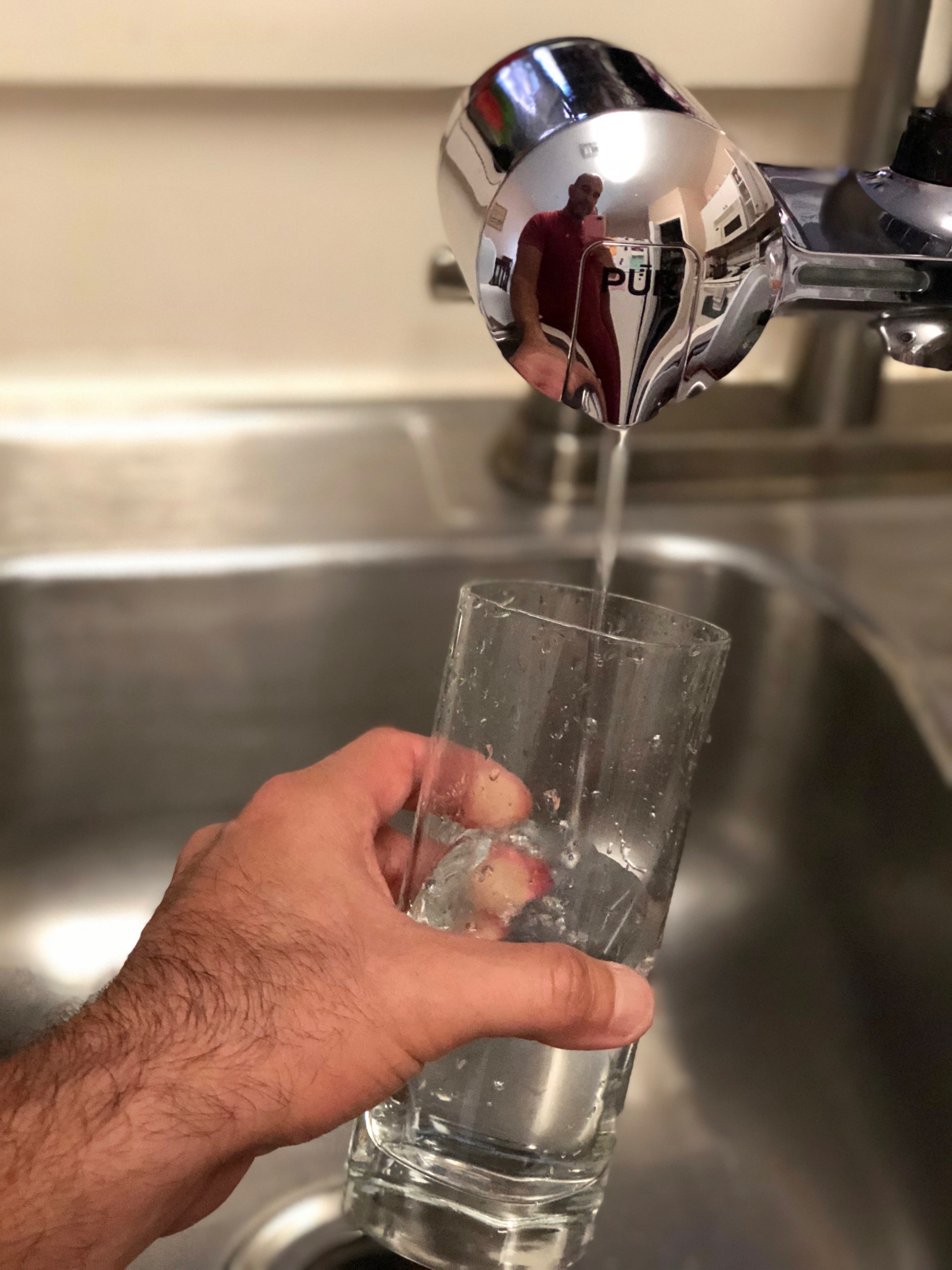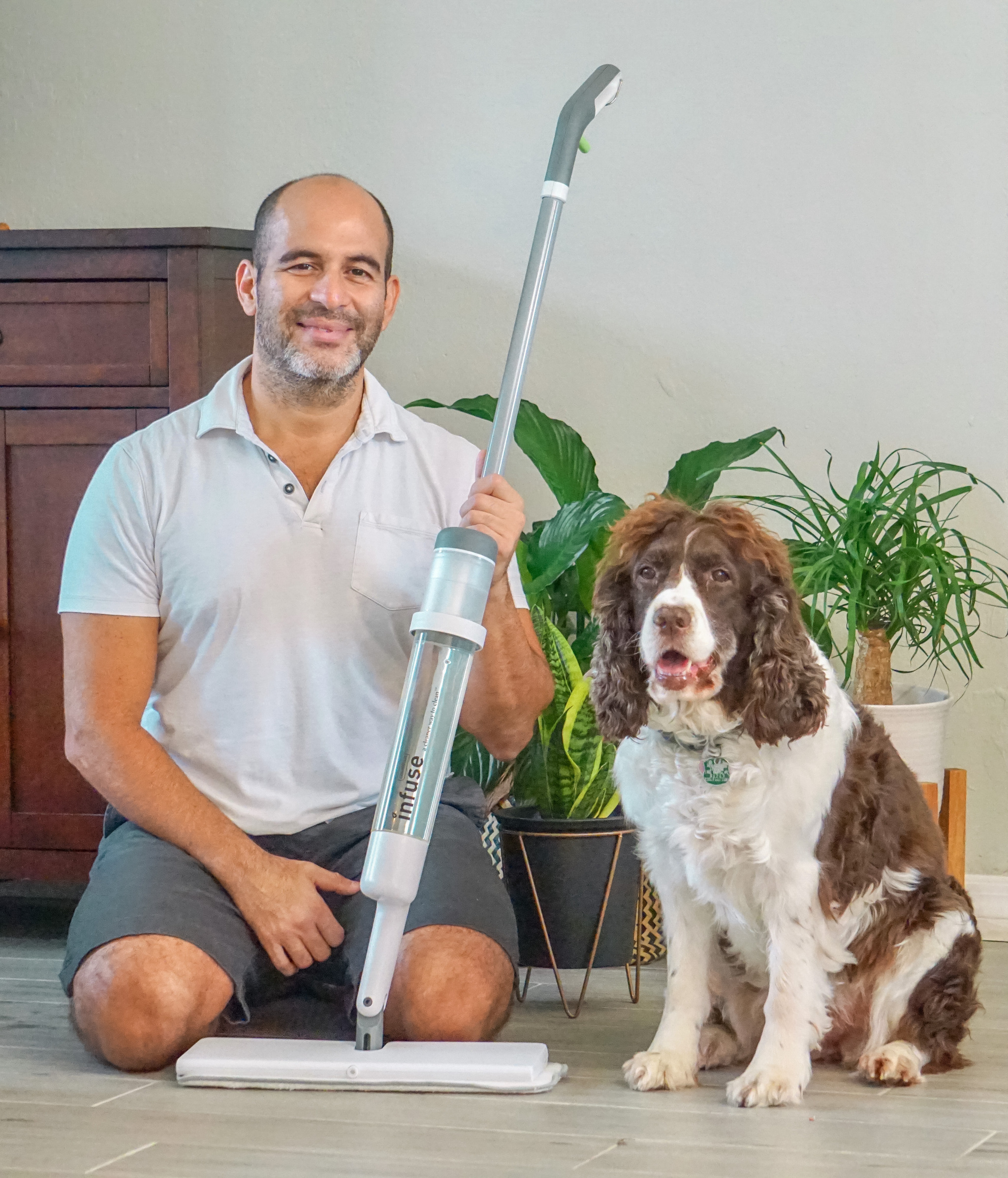From hitting the first snooze button in the morning until dozing off in the evening, we’re leaving our (carbon) footprints all over planet Earth. Eating, driving, maintaining hygiene — all of our daily activities take their toll on the environment.

The good news is, we can do something about it. Leading a sustainable lifestyle can significantly reduce the amount of waste you create (and that’s by no means negligible — on average, each one of us produces about 1,704 pounds of garbage every year), as well as your use of resources. From switching to slow fashion to meal prepping, every action counts.
Read on for some effective and practical tips on how to do exactly that.
1. Use Less
The biggest change you can make is to put in a conscious effort to use less of everything. Here are some ways how you could reduce your use of resources:
- Save energy by replacing standard light bulbs for LED ones, switching off appliances that are on stand-by and line hanging clothes instead of using a dryer. Instead of turning up the heating, put a sweater on.
- Use less food by planning your meals. If you eat meat, incorporate a few meat-free days into your week, both your health and the Earth will thank you for it.

- Go paperless whenever you can. Think twice before printing, and switch all bills to e-mail.
- Stop wasting water. Close the tap when brushing teeth and applying skincare products, and install eco-friendly plant watering systems. If you have small children, let them bathe together. It’s less used water and more fun.

- Use less gas by walking or cycling whenever possible. You could also look into replacing your gas-fueled car with an electric one.
2. Use Again
We often equalize sustainability with recycling, but we must strive to create less garbage in the first place. Here are some ideas on how you could accomplish that:
- Replace all one-use products with reusable alternatives. Switch paper towels for washable cloths; store your food in glass containers instead of wrapping it in plastic wrap or tin foil; bring cloth totes with you instead of getting plastic bags when shopping.
- Drink tap or filtered water instead of buying it bottled.

- You could also bring your favorite coffee thermos with you instead of taking a Styrofoam cup to go.
- Plastic toothbrushes, razors and even Q-tips now have their eco-friendly alternatives. Tampons and disposable pads can be replaced with washable pads, menstrual cups or absorbable underwear. Instead of make-up removing wipes or cotton pads, use washable fabric pads made out of cotton or bamboo viscose.
- If you are a parent, then you’re well aware of how many diapers you go through before your little one is potty trained (up to 12 a day!). Investing in compostable diapers can bring relief to both your garbage production and to your family budget, as diapers quickly add up to become a significant expense.
3. Use Consciously
To live a sustainable lifestyle, it all boils down to putting more thought into how we manage our possessions:
- Purchase items made by companies committed to sustainable production. Make sure that the product is of high quality and will last for a long time.
- One of the largest polluting industries in the world is fashion. Think about how you shop for yourself and for your loved ones. Some brands are becoming more sustainable, but you should also look into second-hand stores, yard sales and charity shops. Only buy clothing if you need it, and don’t dispose of it until you gave it a chance for a new life through upcycling.
- Use eco-friendly cleaning products without harsh chemicals that can be detrimental to our water and soil.

Small Changes for Big Results
These changes are easy to implement into your daily routine, and it won’t take much effort to get used to them. However, the impact can be huge – with households being responsible for 21 percent of overall CO2 emissions, every person’s effort counts.
The stakes are as high as they can be. It is up to us to protect the Earth for generations to come. And so far, we’re not doing a great job at it.
- Guatemalan Dulce de Chilacayote Recipe (Crystalized Chilacayote Candy) - February 26, 2024
- Guatemalan Naranjas en Miel Recipe (Candied Oranges Recipe) - February 25, 2024
- Traditional Guatemalan Candy - February 25, 2024


